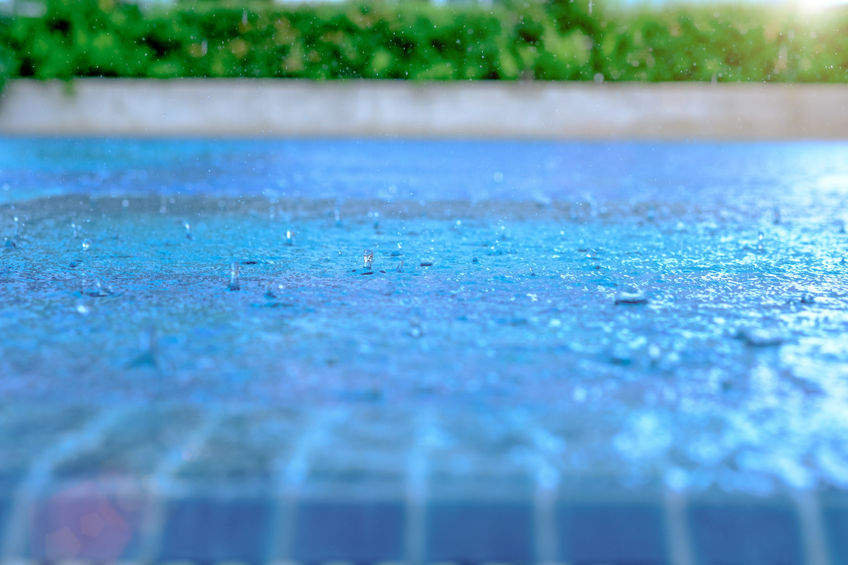The balance of your pool consists of three components.
Low hardness in vinyl pool.
Your pool water might look sparkling clear but your water may also contain a hidden danger to your pool equipment and surfaces.
Calcium for a liner pool can be a bit lower than a plaster pool in the range of 150 250 ppm.
A hardness of 10 is fine in a plastic pool.
Calcium hardness is also very important to the chemical balancing of your vinyl liner swimming pool.
If a vinyl liner s calcium level is too low this soft water situation could lead to foaming and other water problems and can harm the vinyl.
In general the whole saturation index thing the pool industry has wasted so much paper on doesn t apply to most pools.
If your chlorine level is low you add chlorine to the water.
Low calcium levels in the pool.
If your ph needs to be adjusted you add an acid or a base.
The key is keeping it balanced.
Remove the strip and wait until the color changes to.
Soft water low calcium levels can cause plaster or concrete pool walls to lose their calcium to the pool water and can cause vinyl pools to lose their elasticity.
Ph total alkalinity and hardness.
You don t want your pool water to be too hard or too soft.
Low hardness does not.
Low ph will damage copper pool heaters.
Low calcium as is often the case will cause long term serious damage especially to plaster vinyl liners grout in between tiles metal rails and even concrete decking around the.
If you have a concrete or plaster pool keep the level between 200 ppm and 275 ppm.
Test the pool water for hardness.
Hardness at any level is only an issue in a plastic pool pvc pipes vinyl liner polymer pump if it s high.
Maintaining the calcium hardness level of your swimming pool water can help prevent the addition of even more chemicals to help balance the water and help prevent costly repairs in the future.
This can be a very expensive problem so pool owners need to address low calcium quickly.
Calcium on the low and high end of the scales will eventually cause problems and when they do be ready for some serious problems.
To test your pool water s hardness dip a.
Dip a test strip approximately 18 inches below the water surface or as directed by the test manufacturer.

